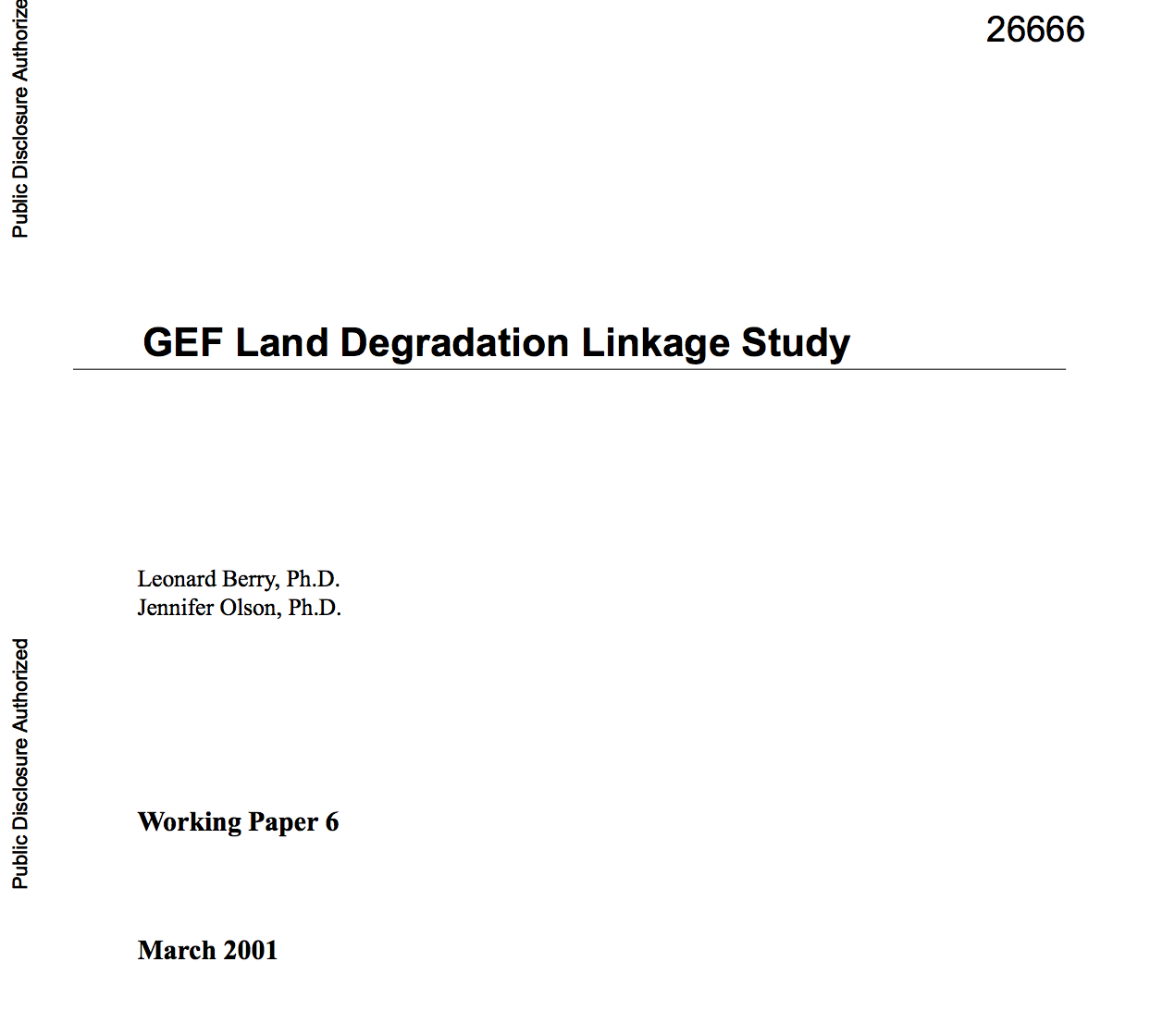What is AGRIS?
AGRIS (International System for Agricultural Science and Technology) is a global public database providing access to bibliographic information on agricultural science and technology. The database is maintained by CIARD, and its content is provided by participating institutions from all around the globe that form the network of AGRIS centers (find out more here). One of the main objectives of AGRIS is to improve the access and exchange of information serving the information-related needs of developed and developing countries on a partnership basis.
AGRIS contains over 8 million bibliographic references on agricultural research and technology & links to related data resources on the Web, like DBPedia, World Bank, Nature, FAO Fisheries and FAO Country profiles.
More specifically
AGRIS is at the same time:
A collaborative network of more than 150 institutions from 65 countries, maintained by FAO of the UN, promoting free access to agricultural information.
A multilingual bibliographic database for agricultural science, fuelled by the AGRIS network, containing records largely enhanced with AGROVOC, FAO’s multilingual thesaurus covering all areas of interest to FAO, including food, nutrition, agriculture, fisheries, forestry, environment etc.
A mash-up Web application that links the AGRIS knowledge to related Web resources using the Linked Open Data methodology to provide as much information as possible about a topic within the agricultural domain.
Opening up & enriching information on agricultural research
AGRIS’ mission is to improve the accessibility of agricultural information available on the Web by:
- Maintaining and enhancing AGRIS, a bibliographic repository for repositories related to agricultural research.
- Promoting the exchange of common standards and methodologies for bibliographic information.
- Enriching the AGRIS knowledge by linking it to other relevant resources on the Web.
AGRIS is also part of the CIARD initiative, in which CGIAR, GFAR and FAO collaborate in order to create a community for efficient knowledge sharing in agricultural research and development.
AGRIS covers the wide range of subjects related to agriculture, including forestry, animal husbandry, aquatic sciences and fisheries, human nutrition, and extension. Its content includes unique grey literature such as unpublished scientific and technical reports, theses, conference papers, government publications, and more. A growing number (around 20%) of bibliographical records have a corresponding full text document on the Web which can easily be retrieved by Google.
Members:
Resources
Displaying 166 - 170 of 9579Abandoned property status of 'Absentee Landlords' in depopulated areas in JapanFrom the internet survey of property owners
This study aims to understand the effective management of abandoned properties such as forest, farmlands, houses in depopulated areas in Japan. Specifically, this study focuses on 'absentee landlords' who own their property away from their current residence. Descriptive analyses of the Internet survey on absentee landlords who own properties in depopulated areas in Japan shows that the absentee landlords who cannot manage their forests properly also cannot manage paddy fields and houses properly.
Challenges and lessons learned from organizational actions by local governments for land use coordination in disaster affected rural areas of MiyagiCase of Suginoshita district and Yamamoto eastern district
This study explored local governments' efforts of land use coordination in the disaster affected rural areas of Miyagi, taking Suginoshita district and Yamamoto eastern district as a study area. Major challenges faced by the two districts are two folds. The first is the fact that multiple reconstruction projects have been implemented in parallel in one district, causing the issue of inter-program coordination.
Hydrological and suspended-sediment concentrations observation at a forested headwater catchment in Japanese Alps region, Nodagasawa watershed, Terasawayama station, AFC
To understand the rainfall-runoff process and sediment delivery process in headwater catchment, hydrological observation and the monitoring of suspended sediment concentrations (SSC) was conducted at a forested headwater catchment in Japanese Alps region. The study site is Nodagasawa watershed (37 ha) within Terasawayama Station, Research Forest of Shinshu University, Japan. At this catchment, notably quick rainfall-runoff response was observed as with the runoff characteristics reported in other catchment underlain by granite.
Conflict between farmers and other residents concerning the development of foothills in the suburbsA case study on the Minamiyama area of Inagi, Tokyo
This paper attempts to understand the thoughts of the farmers and other residents in the Minamiyama area of Inagi at the respective time, taking into consideration the long history of development planning, changes in the use of land, and the land readjustment project that has been underway. Local farmers sold land in Minamiyama, operated real estate businesses, Land readjustment brought about by the City Planning Act helped the farmers.
GEF Land Degradation Linkage Study
The purpose of this report is to identify the results, and initial impact of the land degradation component of those linkage projects which encompass biodiversity, international waters, and climate change with land degradation. The lessons learned from this review lead to recommendations on how land degradation issues should be addressed in focal area reviews, and in subsequent Global Environment Facility (GEF) activities.



